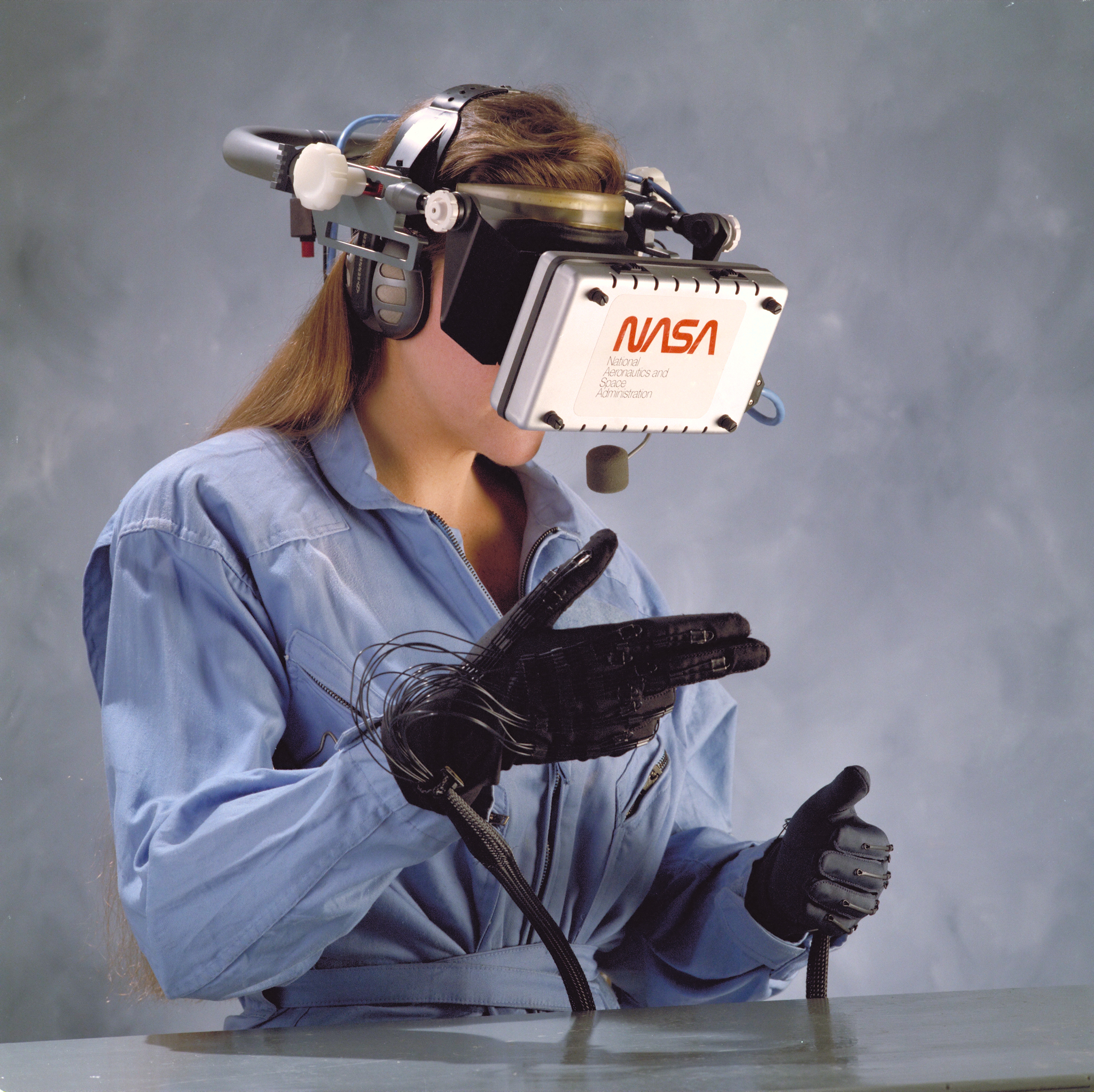CPOpen: Your Gateway to Current Affairs
Stay updated with the latest trends and insights across various topics.
Beyond Gaming: Virtual Reality's Unexpected Adventures
Explore the thrilling world of VR beyond gaming—discover unexpected adventures that will blow your mind and redefine your reality!
Exploring the Therapeutic Benefits of Virtual Reality Beyond Gaming
Virtual reality (VR) has revolutionized the gaming industry, but its potential extends far beyond entertainment. One of the most significant therapeutic benefits of VR is its ability to create immersive environments that aid in the treatment of various psychological conditions. For instance, exposure therapy, commonly used for phobias and PTSD, can take advantage of VR to simulate scenarios in a controlled setting. This immersive therapy allows patients to confront their fears and anxieties in a safe environment, enhancing their coping mechanisms while under the guidance of a professional.
Moreover, VR has shown promising applications in
- pain management: By distracting patients during medical procedures or rehabilitation, VR can significantly reduce the perception of pain.
- cognitive rehabilitation: VR programs are being utilized to help stroke victims and individuals with neurological disorders regain cognitive functions through engaging tasks.
- stress relief: Immersive environments can promote relaxation and mindfulness, assisting individuals in managing stress and anxiety levels.

How Virtual Reality is Transforming Education: A New Learning Frontier
Virtual Reality (VR) is emerging as a revolutionary tool in the field of education, providing immersive experiences that significantly enhance learning outcomes. As traditional teaching methods evolve, VR technology is bridging the gap between theoretical knowledge and practical application. With the ability to simulate real-world scenarios, students can engage in hands-on learning without the physical limitations of a classroom. For instance, medical students can practice surgical techniques in a risk-free environment, while history enthusiasts can explore ancient civilizations through interactive virtual environments. This shift not only makes learning more engaging but also caters to various learning styles, paving the way for a more inclusive education system.
The impact of Virtual Reality in education extends beyond individual learning experiences; it also fosters collaboration among students and educators. With tools that allow for shared virtual classrooms, learners from diverse backgrounds can come together in a common space, promoting teamwork and cross-cultural understanding. Moreover, educators can take advantage of real-time data and analytics to monitor student progress and customize lessons according to their needs. As VR technology continues to advance, the potential for personalized learning becomes boundless, positioning education at the forefront of technological innovation. In this exciting new frontier, Virtual Reality not only transforms how we teach but also redefines what it means to learn.
Can Virtual Reality Enhance Social Skills and Relationships?
Virtual reality (VR) offers exciting potential to enhance social skills and improve interpersonal relationships. Through immersive experiences, users can engage in social simulations that allow them to practice communication and emotional skills in a risk-free environment. For example, individuals can role-play various social scenarios, from casual conversations to more complex interactions, such as conflict resolution or group collaboration. These simulated experiences can help users gain confidence, develop empathy, and understand social cues, contributing to better real-world interactions.
Moreover, VR facilitates connections among people who may otherwise struggle with face-to-face interactions due to social anxiety or other barriers. By participating in group activities within a VR setting, individuals can build relationships and share experiences without the pressures of traditional social contexts. As users become more comfortable in virtual environments, they can transfer these learned skills to their daily lives, fostering stronger relationships and enhancing their overall social competence. Ultimately, the potential of VR to reshape social engagement is profound, making it a valuable tool for personal development.